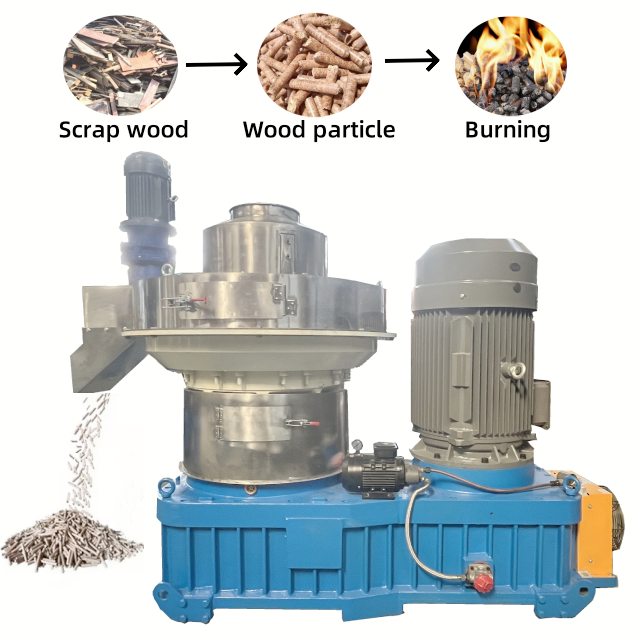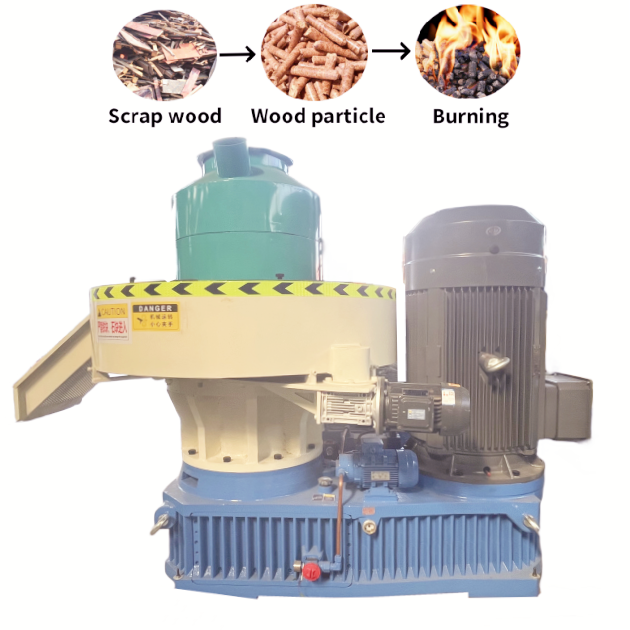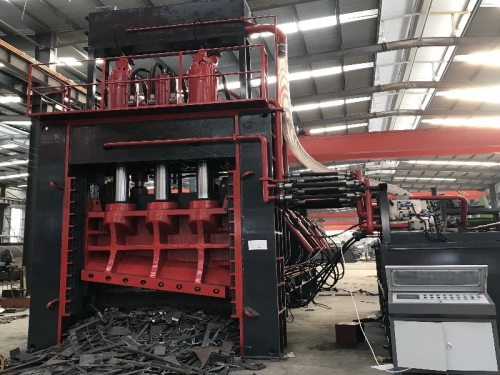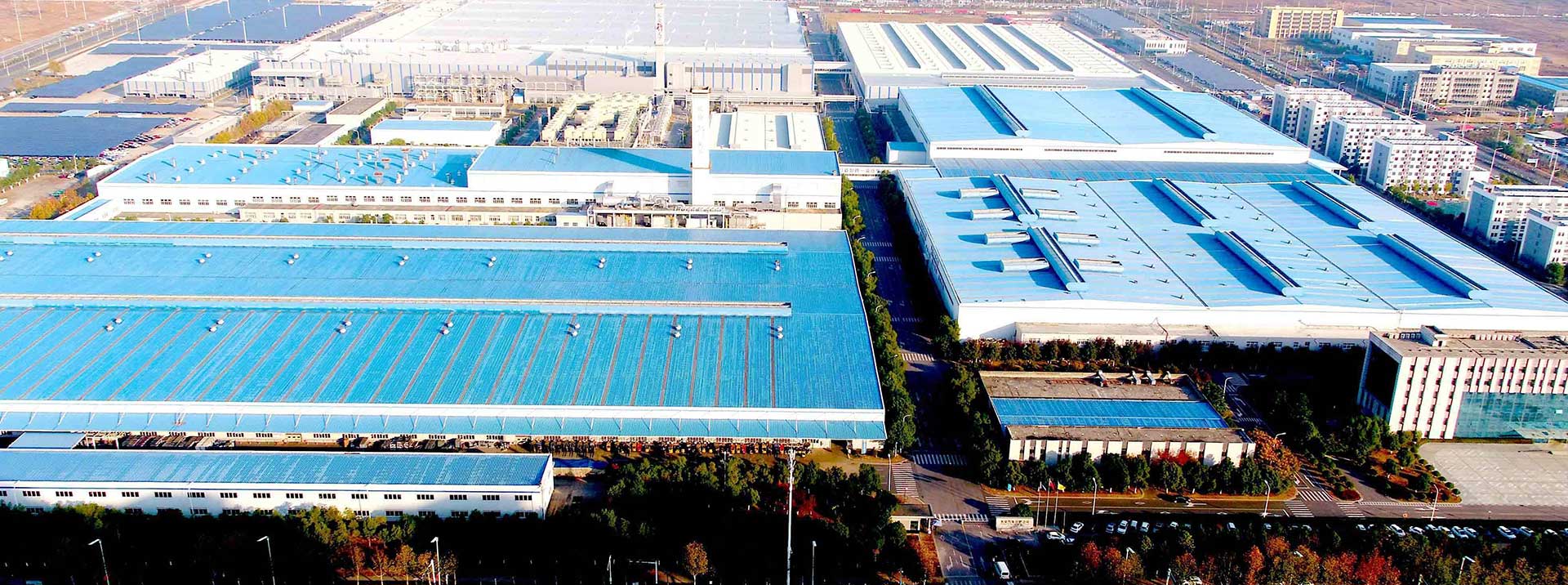Advantages of using a pellet machine for making biomass fuel
Economic advantages of using pellet mills to make biomass fuel
As a clean and renewable energy, biomass fuel has attracted more and more attention. The pellet machine is an important equipment for producing biomass fuel. It produces biomass pellet fuel by compressing and molding agricultural waste, forestry residues, etc.
1. Significant economic benefits
(1) Low raw material cost
The raw materials of biomass fuel are mainly agricultural and forestry wastes, such as straw, straw, sawdust, bark and crop residues. These wastes are often disposed of at low prices or discarded directly under traditional treatment methods. However, using a pellet machine to process these wastes into high-density fuel pellets can greatly increase their added value.
(2) Lower production and operating costs
The design structure of the pellet machine is simple, the operation is stable, and the maintenance and operation costs of the equipment are relatively low. Compared with other types of energy production equipment, pellet machines have a shorter return on investment cycle and can achieve profitability faster. The production of biomass fuel pellets does not require high investment in equipment and can quickly obtain economic returns.
(3) Cost advantages of replacing traditional energy sources
The cost of using biomass fuel is significantly lower than that of traditional fossil fuels. In some areas where energy is scarce or transportation costs are high, biomass fuel can effectively replace traditional energy sources such as coal and oil.


2. Strong environmental protection
Biomass fuels are nearly carbon neutral. Biomass absorbs carbon dioxide through photosynthesis during growth and does not add to the total amount of carbon in the atmosphere. This makes biomass fuel an effective way to reduce greenhouse gas emissions and combat climate change.
3. Policy support and market demand
Many countries have introduced corresponding policies to encourage the development of biomass energy. Government subsidies and preferential tax policies, coupled with expanding market demand, provide a solid foundation for the development of the biomass fuel industry. As the core equipment for biomass fuel production, the pellet machine has broad market prospects.
Therefore, using a pellet machine to produce biomass fuel can bring great economic benefits, is environmentally friendly, and is more in line with market demand. It can be said that the production of biomass pellets by granules is an investment with good prospects. If you are interested in investing in a pellet machine, please contact Hengju Machinery.
Hengju Machinery has more than 30 years of experience in machinery production and has a professional team responsible for developing and improving our pellet machines. The pellet machines produced are of high quality, sturdy and durable. Contact Hengju Machinery and we will answer your questions carefully.
Copyright: Copyright belongs to Hengju Machinery! Reprint please indicate the source: https://www.hengjumachinery.com/industry-news/advantages-of-using-a-pellet-machine-for-making-biomass-fuel.html










